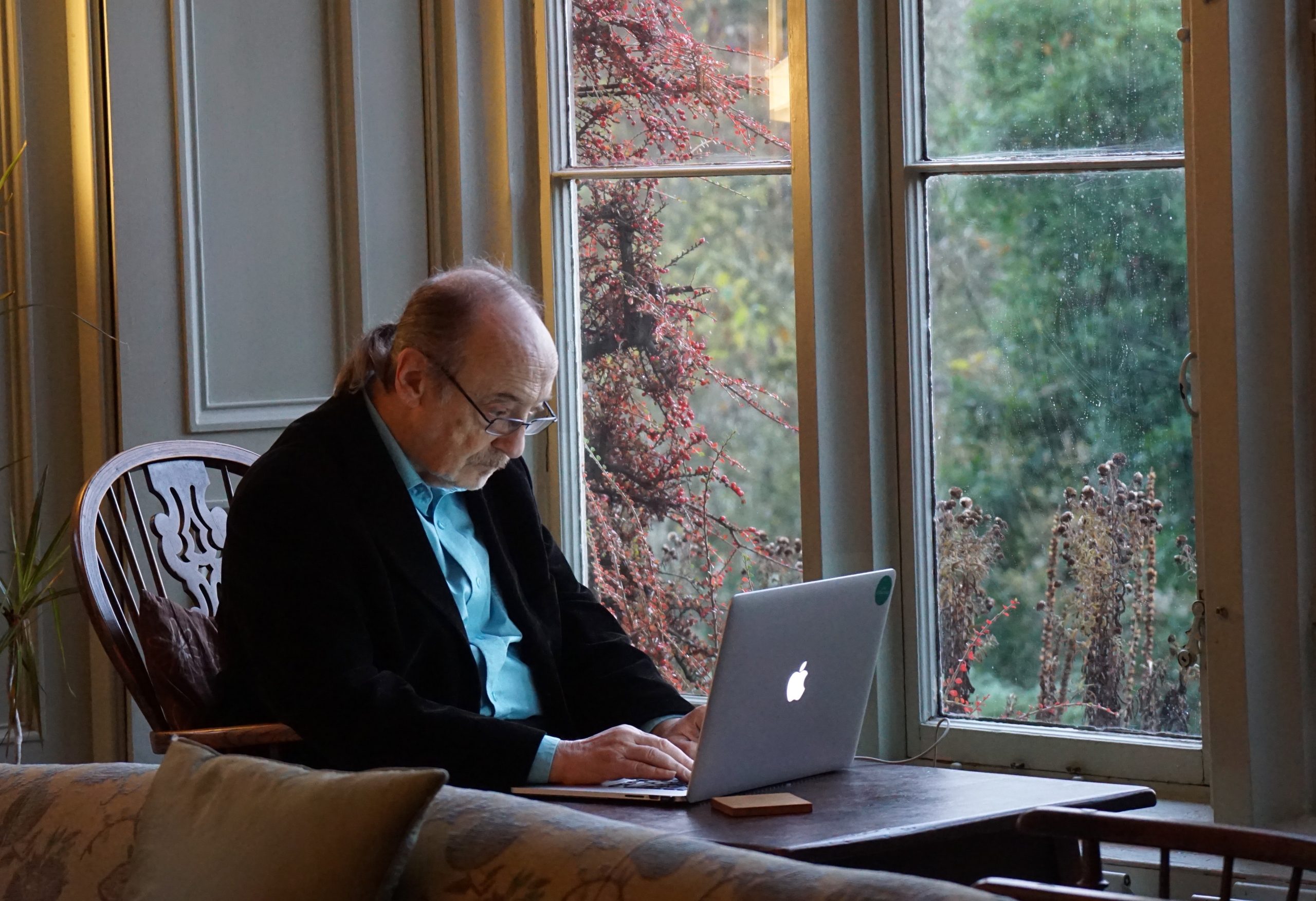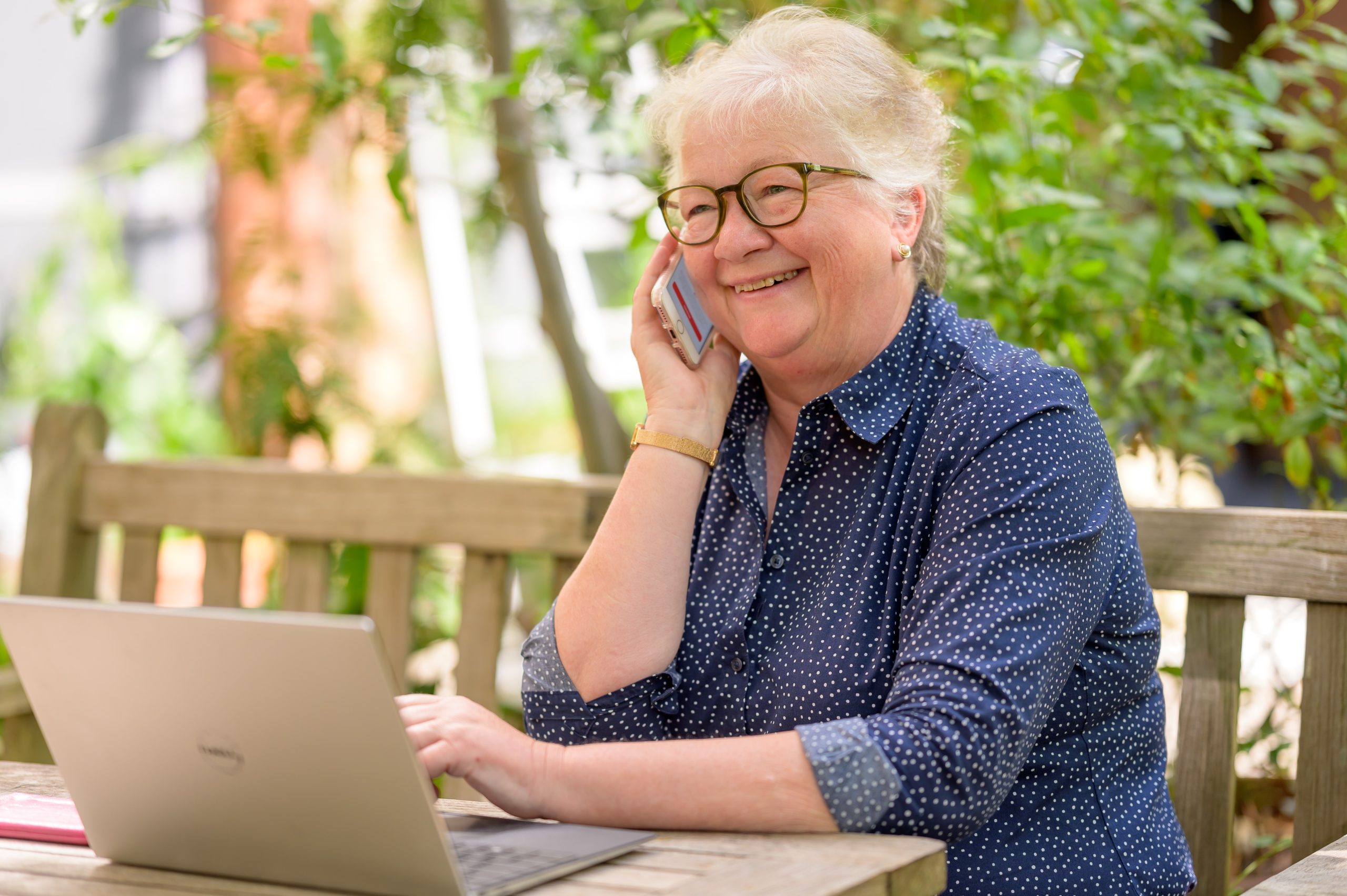
The Arrival of Baby Boomers in Senior Care: Residences, Assisted Living Centers and Long-Term Care Centers.
The aged population is growing and the arrival of Baby Boomers in senior care – residences, Assisted Living centers and LTC’s – is going to be expensive and it’s going to put a big strain on the industry. According to one report, the cost of elder care could soon double.
Already short-staffed, seniors’ residences, assisted living centers and LTC’s will literally face a tidal wave of new residents with or without neurocognitive disorders. That’s why it’s important to prepare for the arrival of Baby Boomers in senior care settings.
This is the right time to restructure the residences and to learn the methods best adapted to this new reality. A more humane approach that the Montessori Alzheimer Center can help you implement!
PREVENTING, DIAGNOSING AND DELAYING THE DEVELOPMENT OF COGNITIVE DISORDERS IN BABY BOOMERS
Before we even talk about the effects of the arrival of Baby Boomers in seniors’ living environments, it is important to remember that it is possible to improve the situation. Prevention of neurocognitive disease could delay the development of cognitive impairment. By delaying its development, entry into a seniors’ residence could also be postponed.
The tidal wave would become more like a long wave spread over several years that would make the situation more sustainable. Neurocognitive diseases such as Alzheimer’s, Parkinson’s or Lewy body disease can be delayed by healthy lifestyle habits and by maintaining a sociable and active life. Indeed, a senior who stays active, maintains social contacts and stimulates his or her brain regularly will see the effects of a neurocognitive disease less quickly.
Despite prevention, neurocognitive disorders will still occur in thousands of seniors. It is therefore important that staff and managers of seniors’ residences be prepared. The best solution is to train staff in less invasive, more humane approaches that will improve the morale of both residents and staff.
PREPARING SENIORS’ RESIDENCES AND LTC’s FOR THE ARRIVAL OF BABY BOOMERS IN SENIORS’ CARE SETTINGS
In the coming years, neurocognitive disorders and symptoms of dementia will, more than ever, be part of the daily life of the staff of seniors’ residences. Adequate training in the Montessori approach to neurocognitive disorders, before the arrival of the Baby Boomers in large numbers, may help to avoid the departure of employees who are physically worn out.
This type of change should not be made at the most crucial moment, but well before, in order to have the tools to better face the turmoil.
This is what the Montessori Alzheimer’s Center proposes by training staff in seniors’ residences to completely change their approach based on the Montessori method adapted for those with cognitive problems. Despite the evidence of an aging population and the impressive number of residents to come, it is possible to prepare for the arrival of Baby Boomers in the living and care environments for seniors.
THE SENIORS’ RESIDENCE… A LIVING ENVIRONMENT THAT MUST BE DESIGNED FOR BABY BOOMERS
Bingo is over! The seniors’ residence must be rethought in order to become a real place to live for Baby Boomers. A place where the autonomy of the resident is emphasized. This simplifies the work of the caregivers and makes life more pleasant for everyone. We need to make place where the activities are meaningful and organized and really make sense in the life of the senior.
The Baby Boomer will generally be more technologically literate than the generations before him. They will also likely have lived a much more active life than our ancestors. Seniors’ residences will be dealing with residents who have travelled and dined in nice restaurants. Many are more financially free and have high standards of care.
This is why the adaptation of the living environment will be as much about improving the physical space as the atmosphere.
PREPARING CAREGIVERS FOR OLDER BABY BOOMERS WITH NEUROCOGNITIVE DISORDERS
Many Baby Boomers will decide to stay at home as long as they are able. Having witnessed their loved ones in senior care, tomorrow’s seniors will want to remain independent …as long as possible!
Home care services are available, but what about the caregivers who will have to take on this new role in their lives? The Montessori Alzheimer Center teaches caregivers how to maintain the autonomy of the person with neurocognitive disorders.
Spouses, sons, daughters, sisters or brothers, many people will soon be taking on the role of caregiver. Given the shortage of health care personnel, they will become important allies in maintaining the quality of life of their aging loved ones.
At present, the nursing staff is exhausted trying to take care of the entire daily routine of the residents. The overuse of medication to calm the disruptive behaviors of dementia is not the solution. It is therefore quite a change of mentality to teach a team to assist residents in maintaining their autonomy. Seniors’ residences, Assisted Living centers and LTC’s must undergo a rejuvenation before the arrival of the Baby Boomers.
And the professionals at the Montessori Alzheimer Center can help you with that!
*As baby boomers age, cost of elder care could soon double in Canada: study | By Staff | The Canadian Press | March 25, 2021





